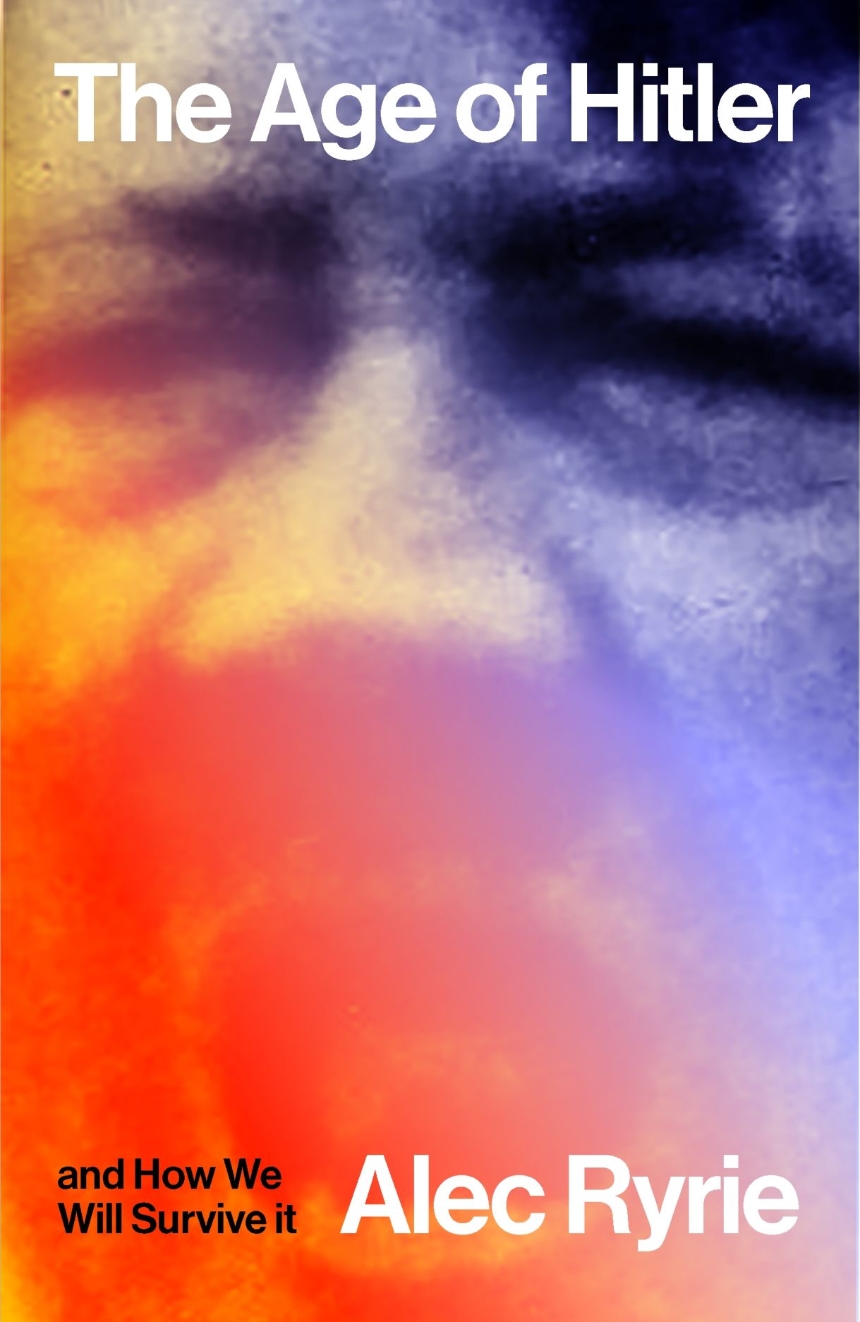Pure evil
One reason is that Ryrie believes the lessons we have taken from the Second World War come with significant flaws and blind spots. For one, National Socialism has driven other and older crimes to the periphery of our vision: imperialism, slavery, or present-day forms of oppression that don’t look similar enough to that of the Nazis. On the Left, a wider view of racial oppression and other forms of exclusion, encompassing more historical reference points, is now gradually decentering the genocide committed by the Nazis. Ryrie is not sure how to think about that, but suggests it is not necessarily a bad thing. This progressive push for inclusion fits within the logic of the era of human rights, although Ryrie suspects it may have divided and weakened that consensus. It is one reason he believes a new synthesis between progressive values and older, ‘conservative’ or religious values is necessary.
Ryrie also sees risks in taking your world-historical lessons from a world-historically exceptional constellation. We know that appeasement failed in the 1930s, and it has become tempting to err on the side of escalation instead. As a Brit, the Suez crisis, the Falklands War, and the invasion of Iraq in 2003 come to Ryrie’s mind – as does the entire Cold War. He sees the ‘logic of anti-appeasement’ in the response to Vladimir Putin’s invasion of Ukraine, too. We are always convinced that whoever is given an inch will go on to take a mile, because our main mental model is the memory of the 1930s. There are good reasons to deter or punish aggression, and Ryrie does not mean to leave Ukraine to its fate; but in our obsession with Hitler, we forget how unusual his maximalist ambitions were.
The Second World War was also atypical in resulting in complete and unconditional surrender and the acceptance of the post-war order by the defeated country. One of the lessons drawn was “that evil can be defeated by force if you oppose it wholeheartedly enough”. This, too, is often not the case; and the idea that violence is a good thing, provided the aims are noble, has been applied too eagerly to Ryrie’s taste. The West needs to remember that wars generally don’t purify, but poison. Like Thomas Wells did on this website a few years ago, Ryrie even asks whether even the American Civil War was worth it, intolerable though the institution of slavery was. We have, in Ryrie’s eyes, centered something in our narrative that, even though it may sometimes be the lesser evil, is still intrinsically evil.
